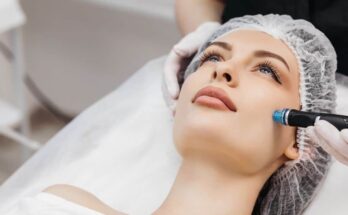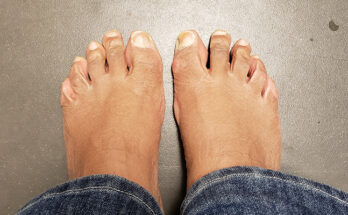Testosterone replacement treatment (TRT)
Hypogonadism, or low testosterone production, may not necessarily necessitate therapy.
If low T is interfering with your health and quality of life, you may be a candidate for testosterone replacement treatment. Artificial testosterone can be taken orally, as injections, or as gels or skin patches.
Replacement treatment as best testosterone booster may result in desired outcomes such as increased muscle mass and increased sex drive. However, the therapy does have certain negative effects. These are some examples:
- Testicles shrinking
- Greasy skin fluid accumulation
- A reduction in sperm production
Some of the best Testosterone boosters, which are used as a best Testosterone supplement
D-Aspartic Acid (DAA) D-Aspartic acid is a naturally occurring amino acid that can increase testosterone levels. According to research, it operates primarily by boosting follicle-stimulating hormone and luteinizing hormone levels, the latter of which encourages Leydig cells in the testes to make more testosterone. According to one research, ingesting D-aspartic acid for 12 days may increase luteinizing hormone and testosterone production. It may also improve their movement throughout the body. It may also improve sperm quality and production. In one 90-day research, males with low sperm production were given D-aspartic acid. Sperm count increased by a factor of two, from 8.2 million sperm per mL to 16.5 million sperm per mL. A 28-day weight lifting regimen was followed by athletic males with healthy testosterone levels in a 2013 research. Half of them consumed 3 g of D-aspartic acid every day. Everyone in the D-aspartic acid group reported an increase in strength and muscle mass, but no one in the D-aspartic acid group reported an increase in testosterone.
- Fenugreek
Another common herb-based choice is fenugreek. Research published in 2011 looked into how fenugreek affects sexual function and quality of life. For six weeks, the researchers gave 60 healthy males between the ages of 25 and 52 either 600 mg of fenugreek or a placebo tablet. After taking the fenugreek pills, the individuals reported increased strength. Furthermore, the authors of a 2020 study concluded that fenugreek extract can boost testosterone levels.
- DHEA
Dehydroepiandrosterone (DHEA) is a hormone generated predominantly by the adrenal glands. It aids in the regulation of testosterone and estrogen levels. Many people use DHEA, an anabolic steroid, to increase testosterone levels. Some evidence suggests that using DHEA supplements might increase testosterone levels, especially as people get older. However, the outcomes, like with other supplements, are mixed. Other trials with comparable doses have found no impact. While the effects of DHEA on testosterone levels and athletic performance are unknown, the use of DHEA in professional sports is prohibited. It, like some of the other supplements, may aid those who have low DHEA or testosterone levels.
- Ashwagandha
Ashwagandha, also known as Withania somnifera, is a plant used in traditional Indian medicine. Ashwagandha is generally utilized as an adaptogen, which means it assists your body in dealing with stress and anxiety. One research looked at its effects on sperm quality in infertile males. The individuals’ testosterone levels increased by 10–22% after ingesting 5 grams each day for three months. In addition, 14% of the participants’ spouses became pregnant. According to another study, ashwagandha improves exercise performance, strength, and fat reduction while increasing testosterone levels. Currently, it appears that ashwagandha may help boost testosterone levels in stressed individuals, potentially by lowering the stress hormone cortisol.




